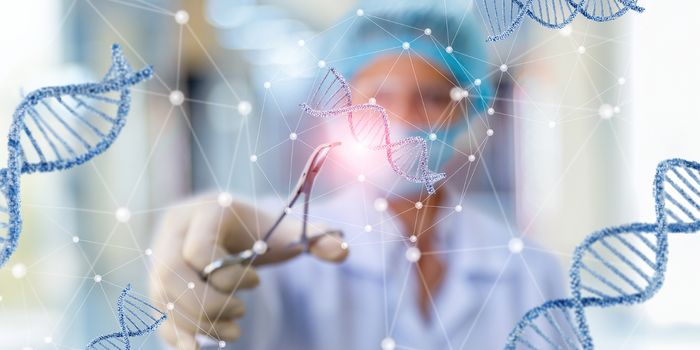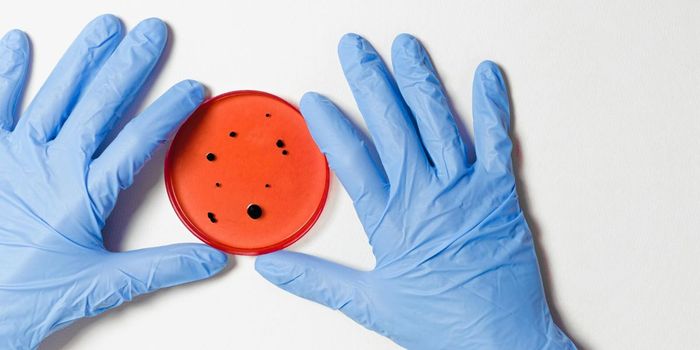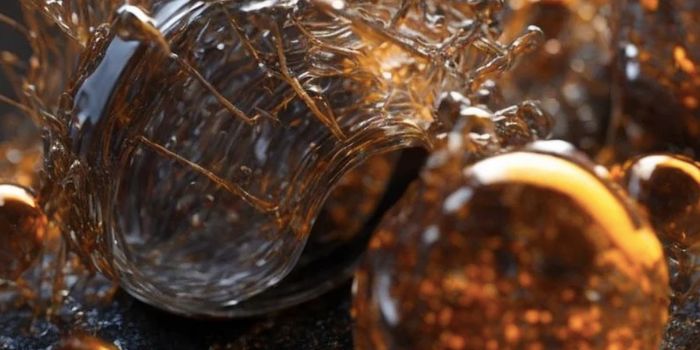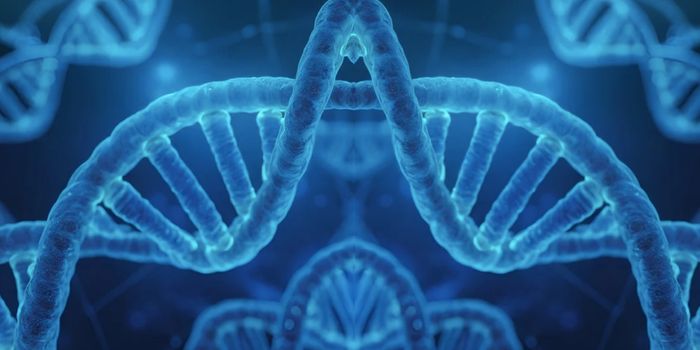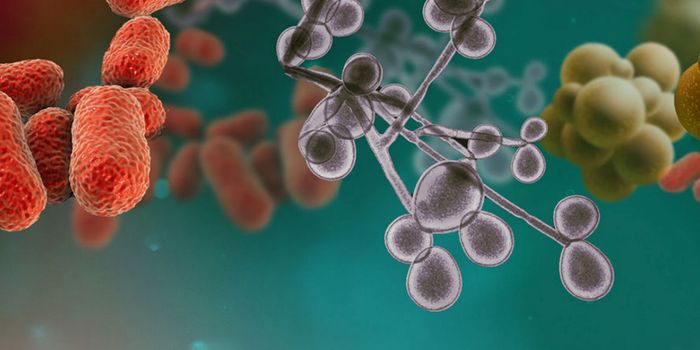The Unusual Microbiomes of Bats and Birds
We’ve learned that humans are deeply dependent on the microbial communities we host in our gastrointestinal tract for digestion and nutrient absorption, and that those microbes have a close relationship with our health. It’s been shown that this microbial community, the gut microbiome, is also present in other mammals, especially those that are closely related on an evolutionary scale.
But recent work has indicated that bats don’t have this same relationship with their gut microbiome (discussed in the video above). Bats don’t have that many microbes in their guts; scientists found more microbes in the bats' mouths. And when comparing species, there was little connection; even among bats of the same species, there weren’t similar microbiomes.
New research reoprted in mBio has confirmed these findings, and has also shown that birds also don’t depend on the microbes in their guts like humans do. Scientists collected fecal samples, which enables the researchers to identify the microbial species in the gut, from over 900 species. The birds didn’t have much in common with bats either.
"This research suggests that mammals -- including humans -- may be the exception rather than the rule in terms of how deeply reliant they are on their gut microbes," said the study co-first author Se Jin Song, Ph.D., director of research at the Center for Microbiome Innovation at the University of California (UC) San Diego. "This represents a paradigm shift in how we think about animals and the relationships they have with their microbes.
The researchers were interested in why microbiomes develop the way they do, and how adapting to certain diets would impact the microbiome. Bats don’t harbor predictable microbiomes, and neither do birds.
"When we first started this project, I thought that it would make sense that we'd see similar associations between animals and their gut microbes when the animals shared a similar diet. Our pie-in-the-sky idea was that flight could impose a similar type of selection on which microbes animals host. What was shocking was that we didn't find that birds and bats share a similar microbiome per se, but rather that both lack a specific relationship with microbes," added Song.
So although humans and their microbiomes probably evolved side-by-side, that’s not true for all species and their microbiomes.
"What that means is that, while some animals seem to have very stable relationships with their microbiomes, with similar bacterial communities persisting across millions of years, others appear to have much more dynamic relationships," said study co-first author Jon Sanders, Ph.D.. "Most surprisingly, powered flight seems to be associated with that lack of stability. Bats and birds both seem to have independently ended up with gut microbiomes that don't seem to follow the hosts' evolutionary relationships."
Microbes might not be crucial to digestion for birds and bats. Flight might also have had a major impact on the composition of the microbiome, and it could indicate that other behaviors might have had similar effects on the microbiomes of other animals.
"If you're carrying a lot of bacteria in your gut, it can be pretty heavy and may take resources away from you," explained Holly Lutz, Ph.D., a postdoctoral researcher in the Department of Pediatrics at UC San Diego School of Medicine and research associate at Chicago's Field Museum. "So if you're an animal that has really high energetic demands, say because you're flying, you may not be able to afford to carry all those bacteria around, and you may not be able to afford to feed them or deal with them."
"This study tells us a lot about large-scale patterns of evolution in the vertebrate gut, but there is still much more to do," said Rob Knight, co-senior study author and professor in the UC San Diego School of Medicine and Jacobs School of Engineering and director of the Center for Microbiome Innovation. "We need to perform functional studies with metagenomics and metabolomics, and understand microbes in other parts of the body, how they change during development, and how they interact with environmental microbes in both the wild and in captivity to impact animal health. Understanding these principles in thousands of other species will help us understand our own."
Sources: AAAS/Eurekalert! via University of California, San Diego, mBio



